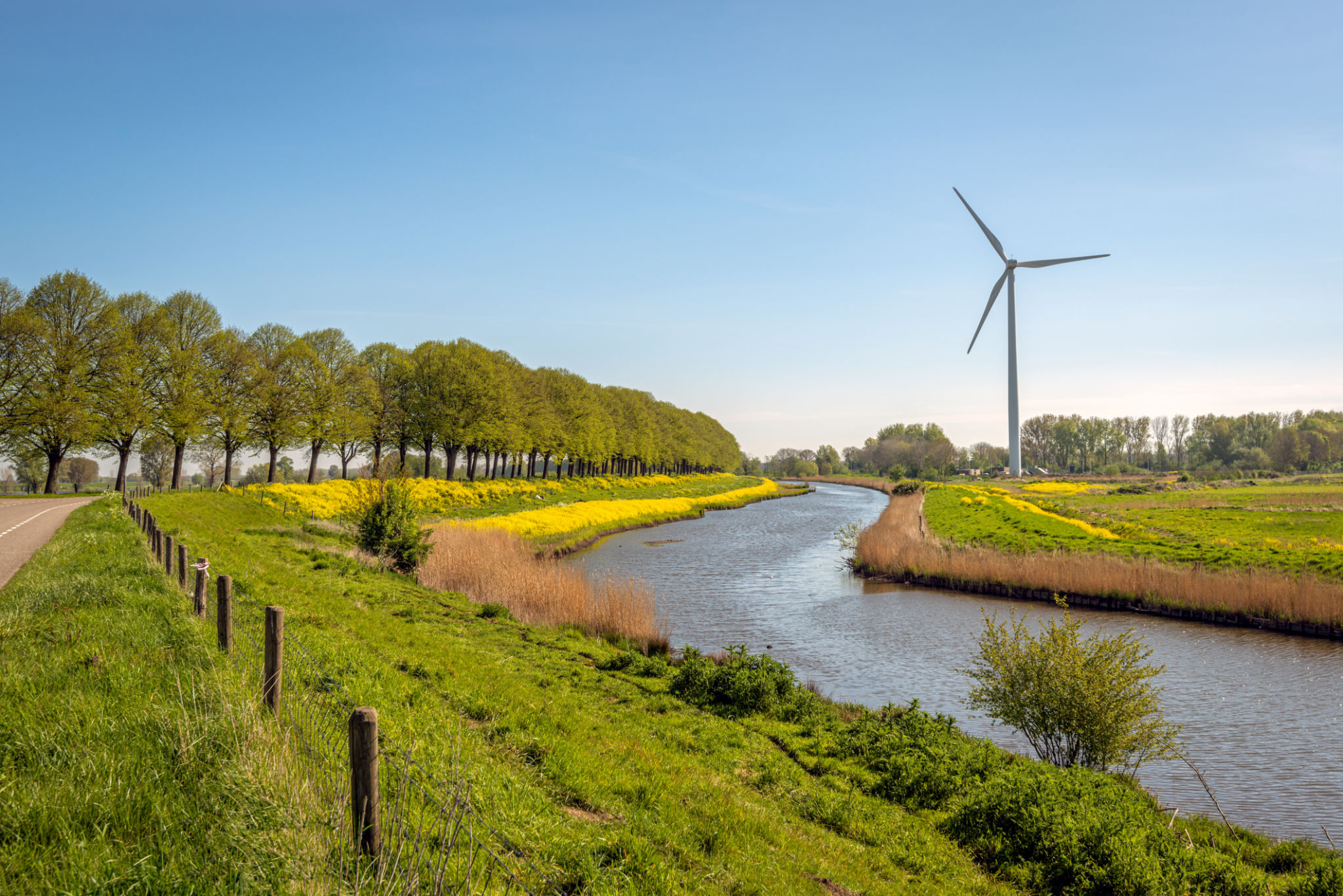Exploring Environmental Law in the Netherlands: Challenges and Opportunities
Understanding the Framework of Environmental Law in the Netherlands
The Netherlands has long been recognized for its commitment to environmental sustainability, with a robust framework of laws and regulations designed to protect and preserve its natural resources. The country's environmental law is primarily governed by the Environmental Management Act, which provides a comprehensive system for environmental planning, protection, and enforcement. This framework is crucial for addressing various environmental challenges, from air and water pollution to waste management and climate change. By understanding this framework, stakeholders can effectively navigate the legal landscape and contribute to sustainable development.

Key Challenges in Environmental Law
Despite its comprehensive legal framework, the Netherlands faces several challenges in enforcing environmental law. One significant challenge is balancing economic growth with environmental preservation. As a densely populated country with a strong industrial base, there is a constant tension between development and conservation. Another challenge lies in addressing cross-border environmental issues, as pollution and climate change do not respect national borders. The Netherlands must collaborate with neighboring countries and international bodies to tackle these transboundary challenges effectively.
Additionally, the implementation of environmental laws can be hindered by bureaucratic hurdles and limited resources. Ensuring compliance requires substantial investment in monitoring and enforcement mechanisms. This often involves complex coordination between various government agencies, local authorities, and private stakeholders. Striking a balance between stringent regulation and practical enforcement remains a critical challenge for Dutch policymakers.

Opportunities for Advancing Environmental Protection
While challenges exist, the Netherlands also presents numerous opportunities for advancing environmental protection through innovative policies and technologies. One area of opportunity is the promotion of renewable energy sources. The country has been investing heavily in wind, solar, and bioenergy projects, aiming to reduce its reliance on fossil fuels and lower carbon emissions. By fostering a supportive regulatory environment, the Netherlands can further accelerate the adoption of clean energy solutions.
Another opportunity lies in enhancing public engagement and awareness. Educating citizens about environmental issues and encouraging sustainable practices can play a significant role in achieving long-term environmental goals. Community-based initiatives and partnerships with non-governmental organizations can help mobilize grassroots support and drive positive change.

The Role of Technology in Shaping Future Environmental Policy
Technological advancements offer promising avenues for addressing environmental challenges in the Netherlands. The integration of digital tools and data analytics can enhance the efficiency of environmental monitoring and compliance efforts. For example, using satellite imagery and IoT devices can provide real-time data on air quality, water levels, and ecosystem health, facilitating timely interventions.
Moreover, technology can support the circular economy by enabling more efficient resource management and waste reduction. Innovations in recycling processes and materials recovery can minimize environmental impact while creating new economic opportunities. By leveraging technology, the Netherlands can position itself as a leader in sustainable innovation.

Collaborative Efforts for a Sustainable Future
Ultimately, achieving environmental sustainability in the Netherlands requires collaborative efforts from all sectors of society. Government bodies must work closely with businesses, academia, and civil society to develop integrated strategies that address both local and global environmental challenges. By fostering a culture of cooperation and innovation, the Netherlands can continue to set an example for effective environmental stewardship.
In conclusion, while the Netherlands faces significant challenges in implementing its environmental laws, there are ample opportunities to enhance sustainability through innovative policies, technologies, and collaborative efforts. By building on its strengths and addressing its weaknesses, the country can pave the way for a greener future.
